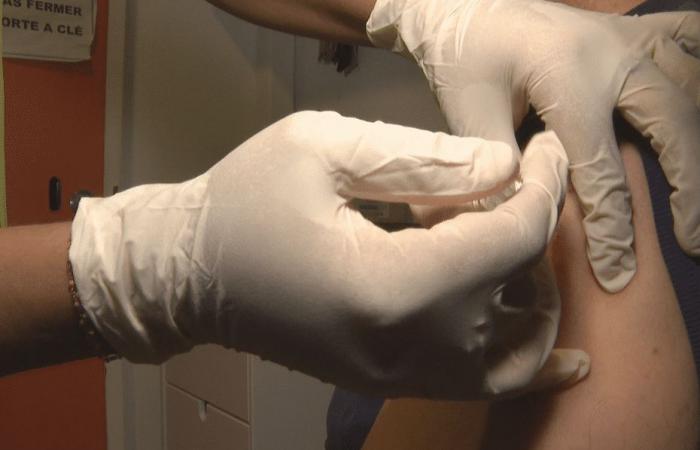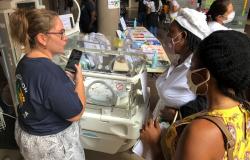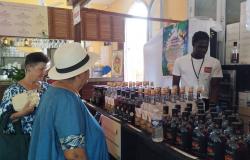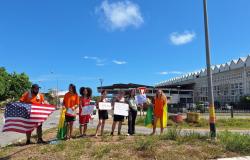Last May and August, a mutant strain of poliovirus, derived from an oral vaccine, was found in wastewater from several treatment plants in Guyana. The ARS has launched catch-up campaigns among exposed professionals and children.
A check that we tend to forget… Are our vaccinations up to date? Although no cases of poliomyelitis have been reported on Guyanese territory, a batch of wastewater samples from Guyana recently revealed the presence of vaccine-derived poliovirus.
Following this discovery, the Regional Health Agency has launched a vaccination catch-up campaign against poliomyelitis in the sectors where the samples concerned were taken: Cayenne, Rémire-Montjoly, Matoury and Saint-Georges de l'Oyapock.
This news prompted Pierre-Yves Carlier, a patient, to recall: “When there was the report of the polio virus a few days ago, it reminded me that I should have done it last year, that's why I made an appointment at the pharmacy.” It is now done.
But how did this virus get into our wastewater? Louis Valantin, pharmacist in the monitoring and health security department at the ARS, has a theory:
There may be some circulation of this virus in Guyana because most often the disease is asymptomatic. But we know that among our neighbors, in Brazil, Suriname, Haiti, we use an oral vaccine, which can be found in the stools. The virus in this vaccine can mutate in nature and become contagious.
•
©Thierry Vivies
Since the detection of poliovirus in wastewater, the ARS has stepped up vigilance. “There is no worry a priori. Today, there are no cases or suspected cases. But to avoid the spread, we must strengthen vaccination as much as possible,” adds Louis Valantin.
However, caregivers are advised to monitor cases of paralysis. A record of children's vaccinations was also carried out in nearly 80 schools. Finally, professionals in the sanitation sector are encouraged to recall. Not everyone is up to date.
“The population is not always well vaccinated, whether professionals or students. There is a need to organize a recall”, indicates the pharmacist within the monitoring and health safety department at the ARS. Until mid-December, a catch-up campaign is organized among professionals. It will take place from mid-January in schools.
According to the explanations of Claire Grenier, doctor in charge of vaccination strategy at the Regional Health Agency of Guyana, poliomyelitis is a disease linked to a virus which can lead in certain cases to very serious symptoms, in particular paralysis, which leave lifelong consequences.
It is caught when one is in contact with the virus, either through contact with wastewater, or through direct transmission from someone contaminated with dirty hands or fecal-oral transmissions and possibly human-to-human transmissions. man.
She adds: “the only way to protect yourself from it is vaccination. Primary vaccination is compulsory for children: at two months, at four months, at eleven months. There is a booster at six years old then between 11 and 12 years old. Finally, the recall takes place at 25 years, 45 years, 65 and finally every ten years.“






